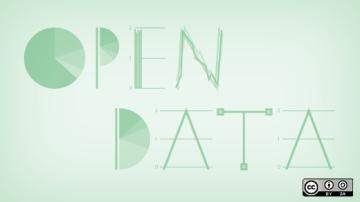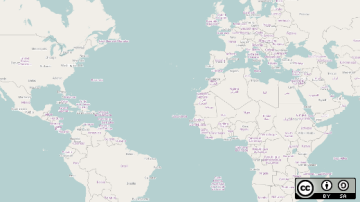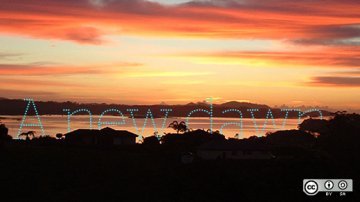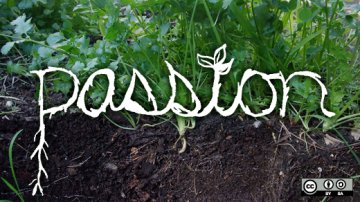
Two decades experience analyzing user behavior interacting with web applications. Experience includes developing user interfaces using rapid prototyping and an iterative project management style to create award winning, user-centered information portals. Primary interests include Big Data and Open Data applications and community engagement in a public sector environment. Other interests include analytic-driven portal interface design, e-government acculturation, citizen engagement, open source platforms and government transparency.Reach Jason Hare on Twitter, Google+ and About.me.





Authored Comments
Hey Chris
Thank you for the links and the comments. I think we are onto something here. API First but not API only. While I feel that machine to machine data re-use has a higher return on investment (it certainly scales faster), humans and human readable visualizations on data are important. This is especially true for disclosures about public sector activity such as public safety and public finance.
Would you like to work together on another post regarding multi-nodal data publishing? I am all in if you are.
Best regards
Jason
Hi Christopher. The clause that you are referring to in NC Statute 132 does restrict commercial use of GIS related data. The Open Data Institute of North Carolina is working on legislation to change that. Please feel free to email me at jhare@balefireglobal and I will introduce you to Ian Henshaw. We are working together to change the law. We have bi-partisan support.
Cheers
Jason Hare